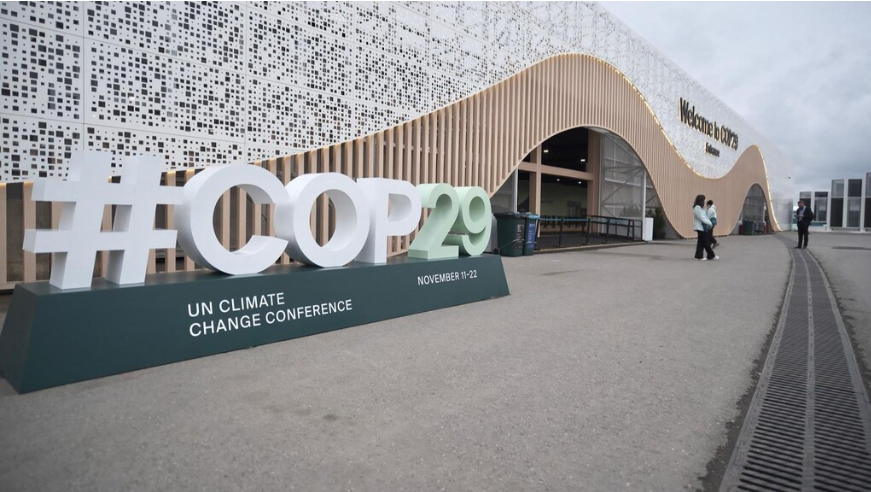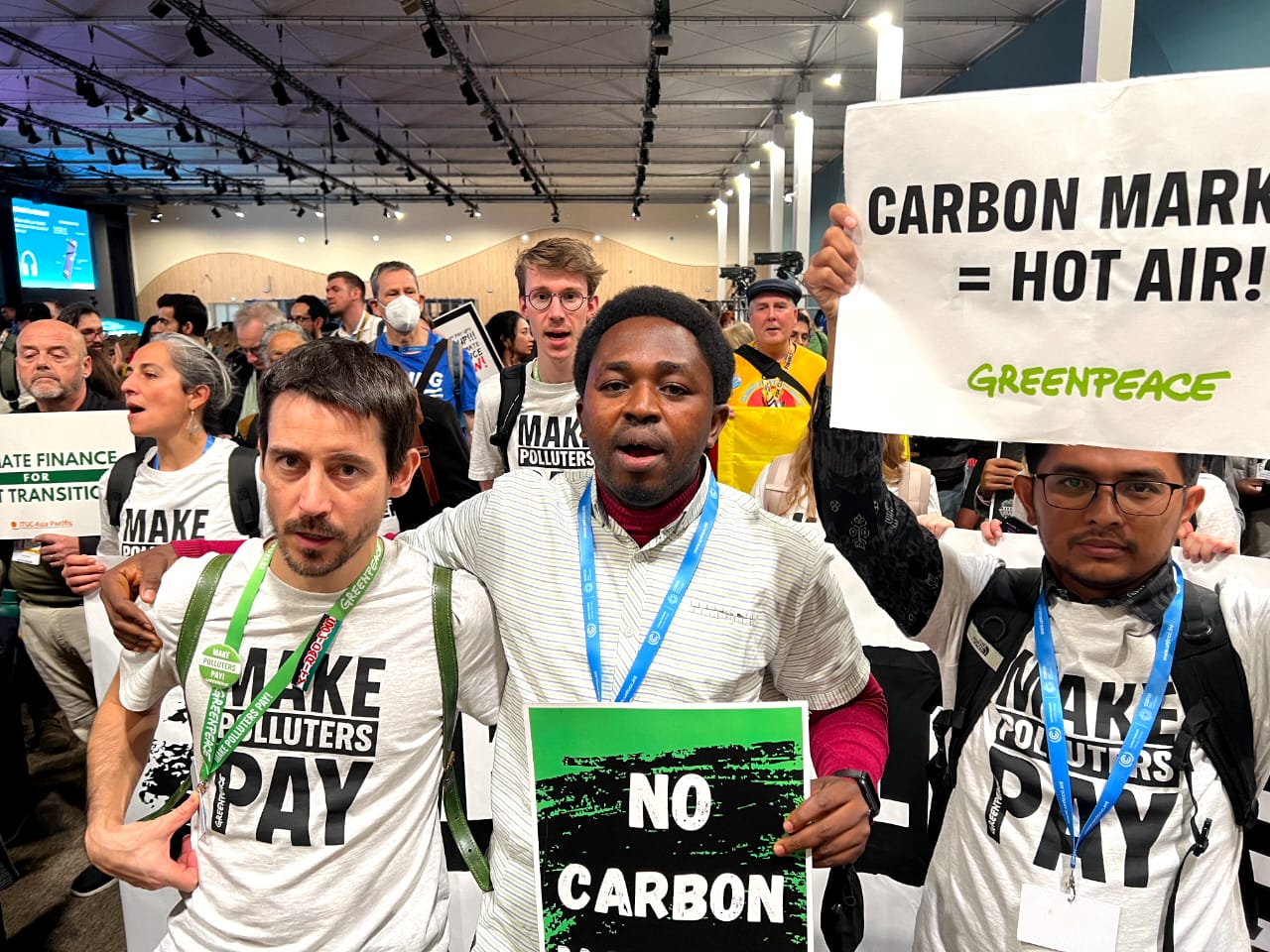By Joke Kujenya
TWO WEEKS after the 29th session of the United Nations Framework Convention on Climate Change (UNFCCC) Conference of Parties (COP29) in Baku, Azerbaijan, the promises of climate action remain unfulfilled.
The conference, which brought together world leaders from across the globe, left many climate-vulnerable nations grappling with unmet expectations.
Billed as the “Finance COP,” the event raised hopes for decisive financial commitments to combat the escalating climate crisis.
Those hopes were quickly dashed, leaving a lingering sense of disappointment among stakeholders.
Moreover, the much-anticipated $300 billion pledge, meant to address loss and damage, adaptation, and resilience for poor nations, is set to come into effect only in 2035.
Experts thus estimate that inflation will erode its value to $175 billion by then.
The apparent delay drew ire from the Nigerian delegation, with the leader labelling the sum an insult.
In particular, the Nigerian Climate Change Commission’s Director-General, Dr. Salisu M. Dahiru stressed this point, criticising the lack of urgency shown by wealthy, high-emitting nations.
Many others recall that earlier pledges, including the $100 billion annual climate finance goal by 2020, remain unmet, further eroding trust.
Compounding the frustration, COP29’s proceedings prioritised operationalising carbon markets under Article 6.4 of the Paris Agreement.
This shift, driven by fossil fuel lobbyists, has entrenched mechanisms that critics say perpetuate pollution under the guise of offsets and credits.
Also, the conference saw over 1,770 fossil fuel lobbyists—outnumbering the delegations from the 10 most climate-vulnerable nations—actively steering negotiations.
As things stand, Africa faces new threats in the form of carbon colonialism.
Reports reveal that countries such as Nigeria, Niger, and others are ceding vast tracts of land for carbon trading schemes.
Niger State, for instance, plans to allocate 16% of its land to a Brazilian corporation, raising fears of economic and environmental exploitation. Similar deals in Nigerian states like Cross River and Rivers are exploiting mangrove forests for blue carbon schemes.
Meanwhile, emissions continue to rise unchecked.
The United Nations Environment Programme (UNEP)’s Emissions Gap reports for 2023 and 2024 paint a grim picture.

Even with current Nationally Determined Contributions (NDCs), the world risks temperature rises far exceeding the Paris Agreement’s 1.5°C and 2.0°C thresholds.
Current policies project increases of 3.6°C or higher.
At just 1.1°C above pre-industrial levels, devastating weather events are already wreaking havoc globally, underscoring the urgent need for binding, equitable emissions reductions.
The glaring absence of substantial climate finance at COP29 underscored systemic inequalities in climate action.
Rich nations spend trillions on military budgets while neglecting their commitments to vulnerable countries.
Civil society groups argue that redirecting military expenditures and eliminating fossil fuel subsidies could generate the necessary trillions to address the crisis.
False solutions dominated the COP29 agenda, sidelining meaningful action.
Market-based schemes like carbon offsets and geoengineering projects were heavily promoted, raising concerns over their long-term impacts.
These mechanisms enable polluters to continue emissions unchecked, diverting resources from community-driven solutions such as agroecology and renewable energy investments.
To address these failings, vulnerable nations and activists are demanding a paradigm shift.
They call for legally binding climate finance mechanisms, immediate fossil fuel phase-outs, and reparations for climate debt, estimated at $5–8 trillion annually.
Advocates also push for a COP30 focused on justice, inclusivity, and genuine solutions driven by indigenous and impacted communities.
COP29’s shortcomings highlight a critical gap between rhetoric and action.
Without urgent reforms, the climate crisis will continue to deepen, exacerbating inequalities and threatening millions worldwide.





